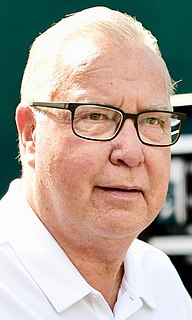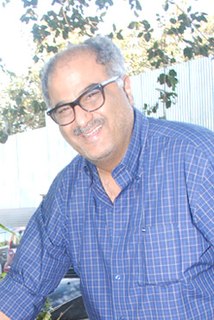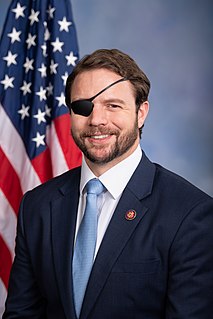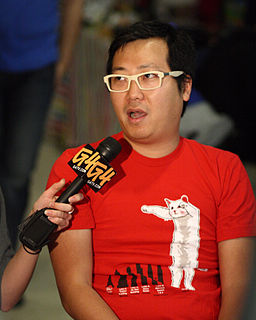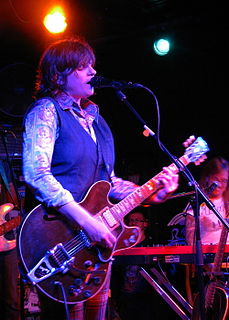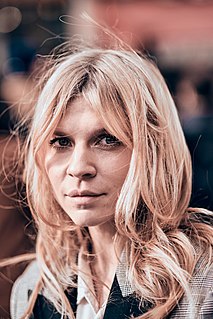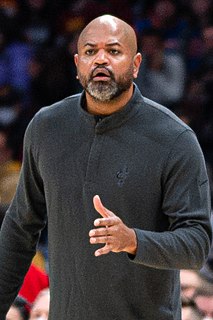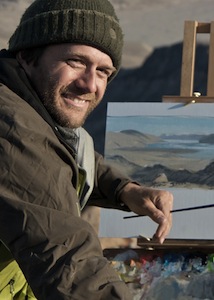Цитата Дэвида Гордона Грина
Одна из вещей, которую я хотел сделать после трех затянувшихся фильмов, — это сделать что-то, что было бы на самом деле своего рода рефлекторными решениями и художественным инстинктом, и урезать процесс до более гортанного уровня, и сделать что-то, что было бы не так. такой ухоженный и отполированный; не был так развит и поддержан, и просто побегайте с ним и посмотрите, что с ним произойдет.
Связанные цитаты
Монтажные по определению представляют собой пузырь из вас, редактора и того, что вы думаете. Смотреть на это чужими глазами — это правдиво, это значит получить другой уровень реальности со своим материалом. Типа: «Может быть, это не так уж смешно. Может быть, это не так интересно. Может быть, это лишнее для чего-то другого. Может быть, мы можем сократить». Я не знаю. Это жестокий, честный процесс. Ты должна быть красивой, ты не можешь быть сентиментальной. Вы должны быть. Это холодный процесс. Нельзя ностальгировать. Вы должны принять эти трудные решения.
Я мог бы взять лучших дельцов всех времен, и у них всегда было что-то, что не совсем срабатывало. Вы никогда не хотите ставить себя в положение, когда что-то, что не работает, больше, чем вы есть, и, следовательно, сводит вас с ума. Это должно быть в более мелких кусках. Во всех случаях я хочу чему-то научиться из того, что не совсем получилось, и научиться, чтобы это не повторилось или чтобы в будущем вы принимали отличные решения. Вы не хотите совершать одну и ту же ошибку дважды, и вы должны научиться этому в самом начале своей жизни.
[Эпоха Трампа] была чем-то, что я действительно хотел сделать, и я также очень хотел, чтобы это казалось вечнозеленым, поэтому мы предприняли много попыток не увязнуть в предвыборной борьбе, даже несмотря на то, что мы были в самом разгаре. что. Я хотел, чтобы это было чем-то, что могло бы жить и оставаться темой для разговоров еще долго после этой инаугурации, кем бы это ни было.
Все понимают, что независимо от того, какова ваша повседневная работа, когда что-то происходит, все вмешиваются, чтобы все исправить и исправить. Это действительно сводится к командной работе. Когда люди входят в культуру и видят, что каждый в компании играет определенную роль в том, чтобы что-то происходило, они также действуют. Когда люди этого не делают, это просто не работает, и они этого не делают.
Как тренер, чем больше у вас опыта, чем больше вы общаетесь с игроками, это помогает вам видеть, как ребята учатся, способы, которые эффективны для достижения разных людей. Вы видите последствия всего, что произошло; вы не просто видите, что происходит в игре, вы видите, что происходит после игры, ее продолжение и тому подобное.
Я хожу на множество независимых и иностранных фильмов. Я действительно стараюсь не отставать и видеть то, что можно увидеть. Если вы действительно любите фильмы, вы действительно любите их смотреть. Вы можете сидеть и смотреть би-вестерн и получать от этого такое же удовольствие, как и классику. В ту минуту, когда гаснет свет, происходит волшебство, потому что вы знаете, что это может быть здорово. Ты всегда какой-то взволнованный, типа: «Вот я снова в церкви кино, и месса начинается».

